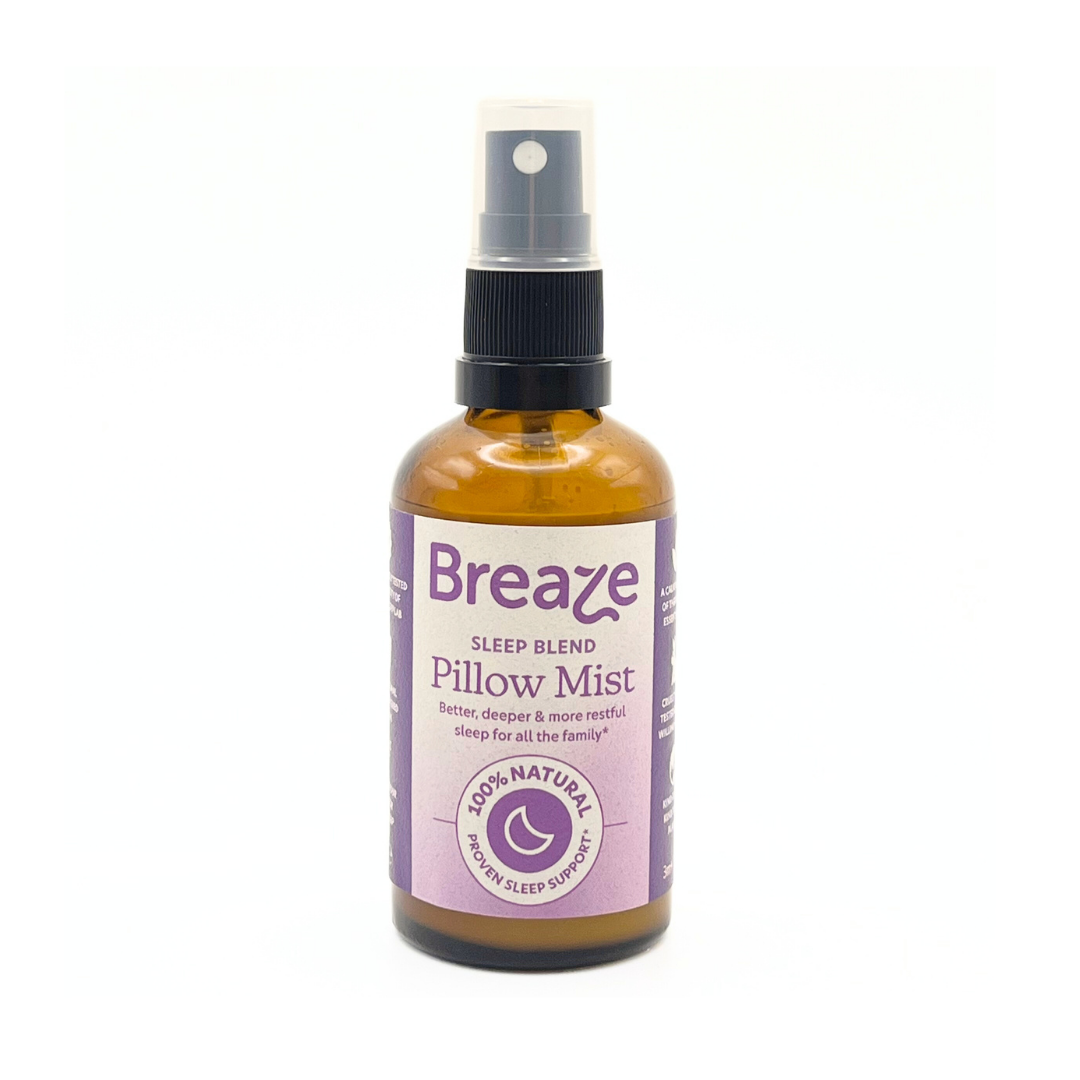Climate change - how is it affecting your hay fever?
As a hay fever sufferer, you’ll already know the effects of pollen during the spring and summer months, but our changing climate could see our symptoms starting earlier and becoming more severe.
Rain, wind, sun and temperature all affect how much pollen will be produced and how much of it will be dispersed. For example, warm dry days with gentle wind allows pollen to spread easily, but on rainy days, pollen can be cleared from the air.
So, how does climate change influence our allergies?
According to the MET office, we can expect to see some changes to the UK weather. They are expecting warmer, wetter winters and hotter, drier summers.
A recent study* conducted by the University of Worcester looked at UK pollen trends over the last 26 years, focusing on grass, birch and oak pollen at 6 pollen stations around the country.
One of the key findings was that the birch season is becoming more severe, especially in the Midlands region. This is a result of warmer weather causing birch trees to produce more pollen. As well as this, the oak pollen is starting earlier due to increasing temperatures, and the first ‘high’ day of grass pollen is occurring earlier in central UK regions.
Dr Beverly Adams Groom, senior pollen forecaster at the University of Worcester, also highlighted how unusual weather caused by climate change coincided with erratic pollen seasons.
Additionally, the pollution contributing to climate change is causing the pollen particles to mutate and evolve. The pollutant particles are coating the pollen grains making them allergenic.

So, how to survive and enjoy summer with more pollen? The key, like so many things in life, is to be well-prepared and well-informed.
Keeping track of pollen forecasts and learning what you’re most sensitive to means you can put the right defences in place at the right time. Download our free allergen calendar to help you pinpoint which pollens and allergens are circulating.
Allergy medication like daily antihistamines needs time to build up in your system so it's best to start taking them before you start to feel itchy and sneezy. And keep taking them even on low pollen days so you keep your defences topped up.
Changing your clothes and showering after being outside can reduce the amount of pollen in your home as can keeping the windows closed on high pollen days. Staying well hydrated also helps reduce the histamine load. Stick to water though, the inflammatory effect of alcohol can make things worse.
Check out our ‘Living your best summer life’ blog for more tips and tricks!
Extra support can be really helpful if symptoms are breaking through. Breaze Barrier Balm traps up to 30% of pollen before it goes up your nose and the soothing aromas can ease congestion and nose irritation. Sleep can be a real problem when you're stuffy and congested. Breaze Motion Activated Pillowcases are infused with our award-winning blend of therapeutic essential oils to help you breathe easier and sleep better during flare-ups.
*https://core.ac.uk/outputs/558993899/?source=2


